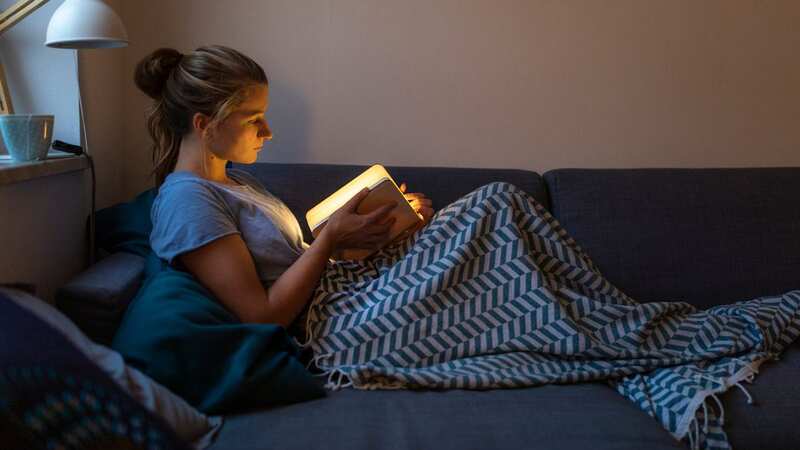

Around three quarters of menopausal women are affected by menopausal insomnia, with the most common wake up time occurring at 3.29am, new research finds.
The decline of oestrogen and progesterone contributes to disrupted sleep by causing menopausal symptoms. According to Healthline, insomnia is a disorder that prevents you from getting adequate sleep, and is common among perimenopausal and menopausal women.
Co-founder of My Menopause Centre, Dr Clare Spencer, highlighted the physical symptoms that can interrupt sleep, including joint pains, hot flushes, night sweats, or waking up to go to the loo. She said psychological symptoms, such as anxiety and increased stress, can also disrupt your shut-eye.
The research, conducted by sleep experts at Dunelm, found that 69 percent of women said menopausal insomnia has had a negative impact on their emotional wellbeing, while half didn’t realise insomnia was a symptom of the menopause. What’s more, 60 percent don’t know there are techniques to help deal with menopausal insomnia.
This October marks Menopause Awareness Month, and Olympic gold medallist Dame Kelly Holmes has spoken about her experience as part of the campaign. Working with Dunelm, she said: “Menopausal insomnia has been a challenging part of my perimenopause, both physically and mentally, and that’s why I’m supporting Dunelm’s campaign to help women get a better night’s sleep. A good night’s sleep is a fundamental element of good health and being able to function effectively, whether you are at home or at work.”
 Woman tells of losing 29 kilos and becoming a bodybuilder in her 60s
Woman tells of losing 29 kilos and becoming a bodybuilder in her 60s
Dr Spencer, who is a member of the Medical Advisory Committee of the British Menopause Society, added: “Menopausal women can experience difficulty in both getting to sleep and then staying asleep throughout the night. Studies show that disturbed sleep can really affect your mood, impair judgement and concentration. These symptoms can then directly and indirectly have their own impact on sleep.
“It’s concerning that many women seem to be turning to TV or screens as these are likely to overstimulate the brain and make it harder to sleep. Simple techniques like those recommended by Dunelm, including good sleep hygiene, implementing a healthy wind-down routine and practising relaxation techniques while in bed are likely to be more effective."
The doctor suggests making lifestyle changes to help to improve your sleep, these include:
Managing stress and worry - this could be with yoga and medication, exercise, and talking therapies such as cognitive behavioural therapy (CBT)
Sleep hygiene - Getting into a routine before you go to bed can help you get off to sleep. These include avoiding screens an hour before sleep and waiting till you are tired before going to bed
Hormone replacement therapy (HRT) - It is used to relieve symptoms and involves using oestrogen to replace your body's own levels around the time of the menopause.
Other changes that could improve your shut-eye include:
Reduce alcohol intake
Avoid caffeine before bed
Avoid nicotine and smoking
 Chelsea winners and losers from record transfer window as more changes to come
Chelsea winners and losers from record transfer window as more changes to come
Participate in regular exercise
Avoid large meals that are rich in heavy or spicy foods before bed